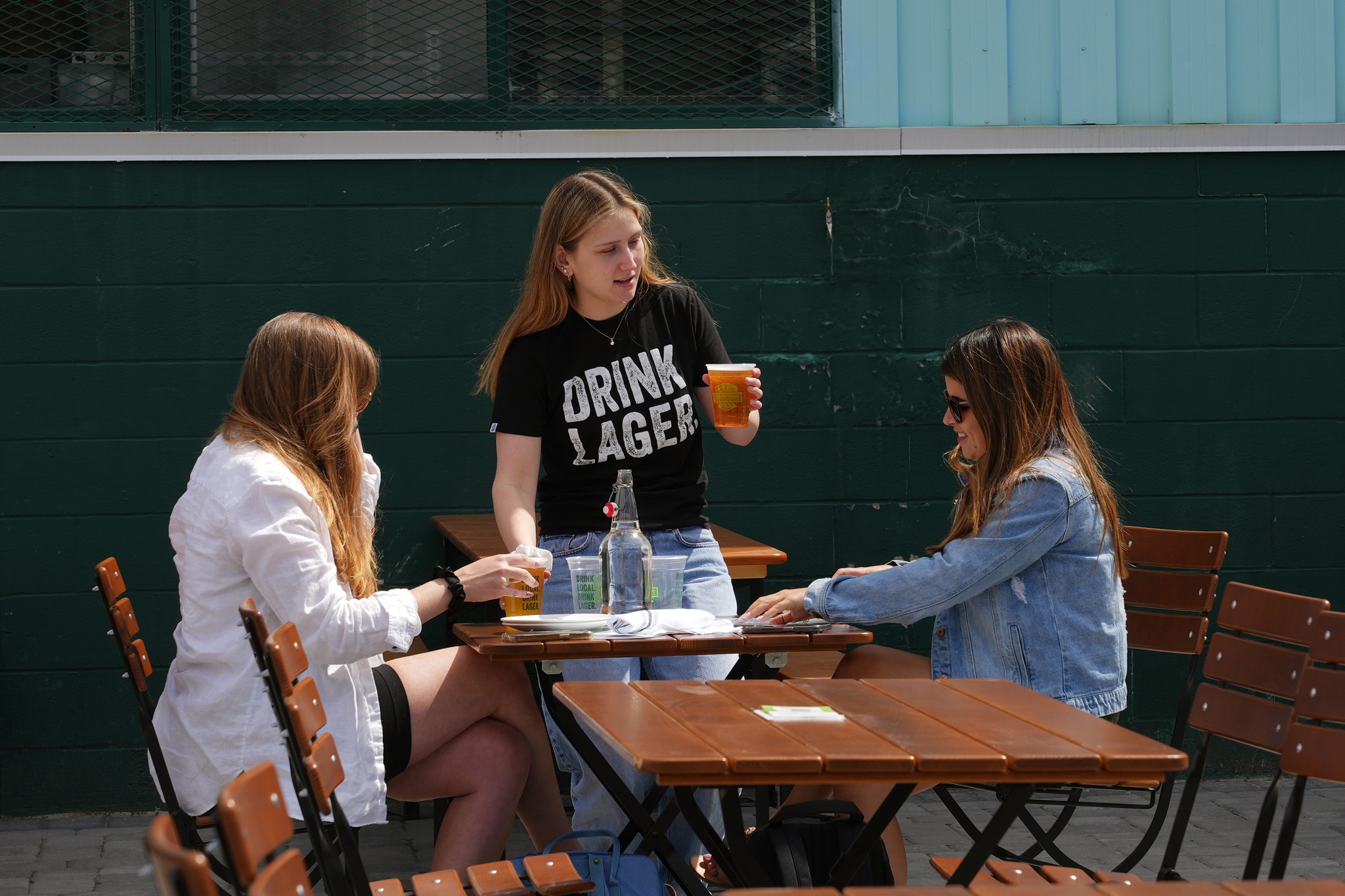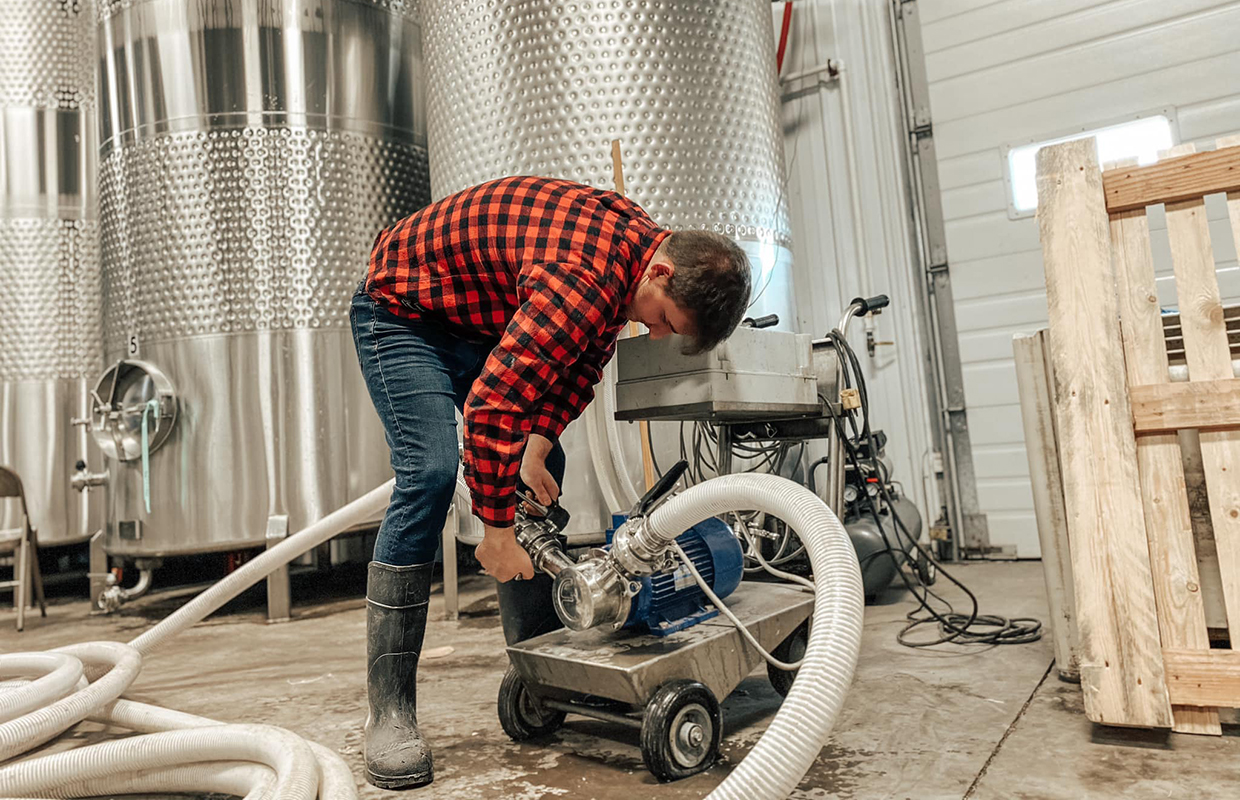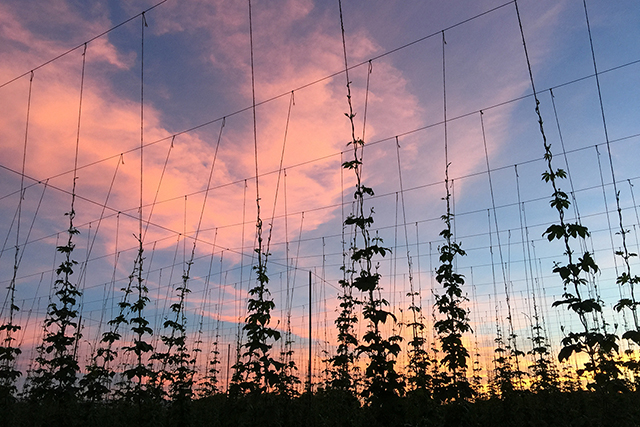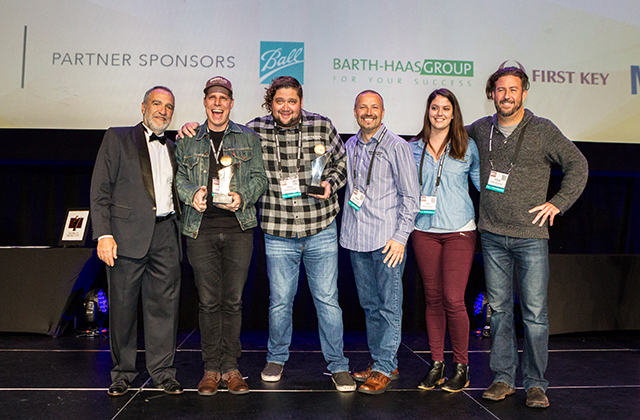
Sometimes your taproom’s beertender is the first face that represents your brewery’s brand. And the fact you never get to make a first impression twice means they can be a key person to repeat sales and create a bond with the company.
Getting a new hire up to speed can be an important first step and breweries shared their thoughts on this in the latest print issue of Brewer Mag. We delved, also, into the holes many breweries have found over the years and ways they have patched those up to ensure a great hire that is trained properly. It can mean more sales across the bar with the right person.
Boulevard’s Mandy Waters said that they are constantly working on beer education for the tasting room team.
“We utilize sensory or varietal training happy hours, newsletters about community events, and current releases with Cicerone-level bartender thoughts,” said Waters, the brewery’s General Manager of the company’s Tours & Rec Center.
READ MORE: Training Tips for New Taproom Hires
COOP Ale Works’ biggest issue is that the Oklahoma City brewery’s taproom is far from everything else, so Brett Unsell said that training the staff to be welcoming and friendly, and ensuring the guests have a great time is what makes the brewery’s beertenders special.
“We have fun games for guests that staff are trained on and are encouraged to make better,” he said. “Staff are also encouraged to produce event ideas, games, or anything else that can give our guests a fun experience.”
Also, putting the lips to the liquid for staff is a key.
“We sample beers daily as we get the day started,” Waters said, explaining that employees are encouraged to take turns to describe and discuss what’s on tap.
Being a full-service location, like Framingham, Massachusetts’ Jack’s Abby, CEO Sam Hendler said the biggest key for those types of models is making sure you can adjust on the fly when it comes to who’s pouring, who’s seating, and who’s serving.
“Welcome to 2023 in the world of hospitality where many of us are running lean on staff,” he said. “Hiring has been a challenge and with increased focus and anxiety around contagious illnesses, callouts seem to be at an all-time high.
“If you are not cross-training across job functions you are putting yourself in a corner from a staffing level. What if both of your hosts call out on Saturday night? Do you have servers/bartenders/runners/bussers who know how to operate your host stand? If you don’t, you could end up with your GM spending Saturday night at the host stand instead of working the room, touching tables, and ensuring operations are running smoothly.”
In a perfect world, of course, everyone on your staff would be able to step into any role if required.
This, Hendler said, will create significant knock-on benefits that can help tear down some of the divides that can happen in staff roles and functions.
“It is much easier to empathize with the drink runner on Saturday night when you have been the drink runner on Friday night,” he said. “When they get backed up it is great seeing a bartender run around the bar to help get through a backed-up pass instead of hiding behind the bar and complaining to the other bartender about the runner being too slow or lazy.”
Photo courtesy Jack’s Abby





Be the first to comment